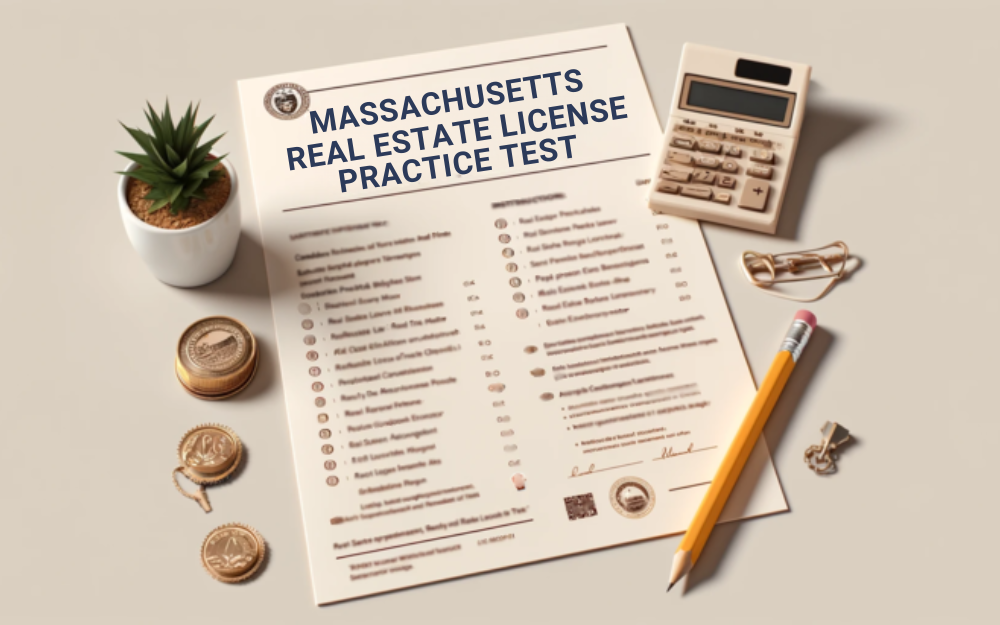
Determine your answer, then click the arrow to see the correct response.
Which of the Following Best Describes a Fiduciary Duty in Real Estate?
A) The duty to negotiate the best price
B) The duty to be loyal and act in the best interest of the client
C) The duty to disclose all known property defects
D) The duty to provide legal advice
Correct Answer: B) The duty to be loyal and act in the best interest of the client
Explanation: A fiduciary duty requires an agent to act in the best interest of their client with loyalty and care.
The Fiduciary Duty of "Obedience" Requires an Agent To:
A) Disclose all known facts about the property
B) Follow all lawful instructions of the client
C) Keep client information private
D) Act in the best interest of the client
Correct Answer: B) Follow all lawful instructions of the client
Explanation: Obedience requires the agent to follow all lawful instructions of the client.
Which of the Following Describes "Blockbusting"?
A) Encouraging owners to sell their properties by suggesting that the ethnic or racial composition of the neighborhood is changing
B) Refusing to make loans secured by properties located in certain neighborhoods
C) Directing prospective buyers toward or away from certain neighborhoods based on their race
D) Charging higher interest rates to individuals in certain neighborhoods
Correct Answer: A) Encouraging owners to sell their properties by suggesting that the ethnic or racial composition of the neighborhood is changing
Explanation: Blockbusting is an illegal practice that involves persuading owners to sell property cheaply by instilling fear that the neighborhood’s racial or ethnic composition is changing.
The Market Value of a Property Is Best Defined As:
A) The price it was last sold for
B) The price it is currently listed at
C) The price a willing buyer will pay a willing seller
D) The assessed value for tax purposes
Correct Answer: C) The price a willing buyer will pay a willing seller
Explanation: Market value is the price at which a property would sell under normal conditions between a willing buyer and seller.
A Tenant in Massachusetts Signs a Lease for One Year. After Six Months, the Tenant Decides To Move Out and Assigns the Lease to Another Person. What Is the Tenant's Responsibility?
A) The tenant is free from all obligations
B) The tenant remains liable for the lease unless released by the landlord
C) The tenant must pay a penalty fee
D) The tenant must continue to pay rent until a new tenant is found
Correct Answer: B) The tenant remains liable for the lease unless released by the landlord
Explanation: The tenant remains liable for the lease unless the landlord releases them from the obligations.
Which of the Following Is an Example of a "Cloud on Title"?
A) A recorded mortgage
B) A property tax lien
C) An unrecorded deed
D) An easement by necessity
Correct Answer: B) A property tax lien
Explanation: A property tax lien can be a cloud on the title as it affects the ownership and marketability of the property.
In a Real Estate Transaction, "Consideration" Refers To:
A) The legal capacity of the parties involved
B) The mutual consent of the parties
C) Something of value exchanged between the parties
D) The specific performance of the contract
Correct Answer: C) Something of value exchanged between the parties
Explanation: Consideration is something of value that is exchanged between the parties in a contract.
In Real Estate, the Term "Title" Refers To:
A) A legal document showing ownership
B) A summary of property rights
C) A recorded deed
D) An encumbrance on the property
Correct Answer: B) A summary of property rights
Explanation: Title refers to the legal concept of ownership, including all rights and interests in the property.
In Massachusetts, How Often Must a Real Estate Salesperson Renew Their License?
A) Every year
B) Every two years
C) Every three years
D) Every four years
Correct Answer: B) Every two years
Explanation: Real estate salespersons in Massachusetts must renew their licenses every two years.
A Landlord in Massachusetts Fails To Return a Tenant's Security Deposit Within the Required Timeframe. What Penalties Might the Landlord Face?
A) The landlord may be required to pay double the deposit amount
B) The landlord loses the right to claim any damages
C) The landlord must return the full deposit with interest
D) All of the above
Correct Answer: D) All of the above
Explanation: The landlord may be required to pay double the deposit amount, loses the right to claim any damages, and must return the full deposit with interest.
